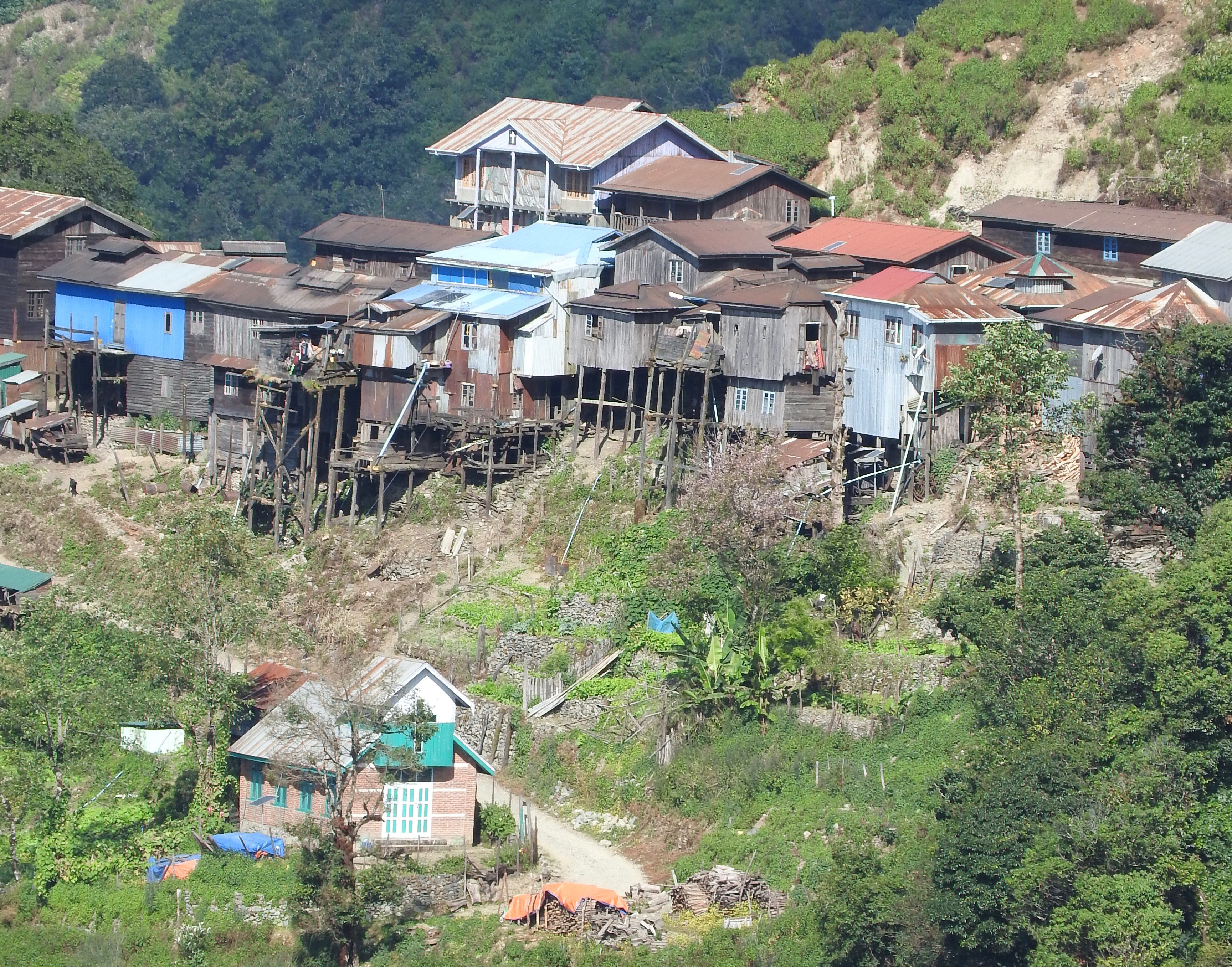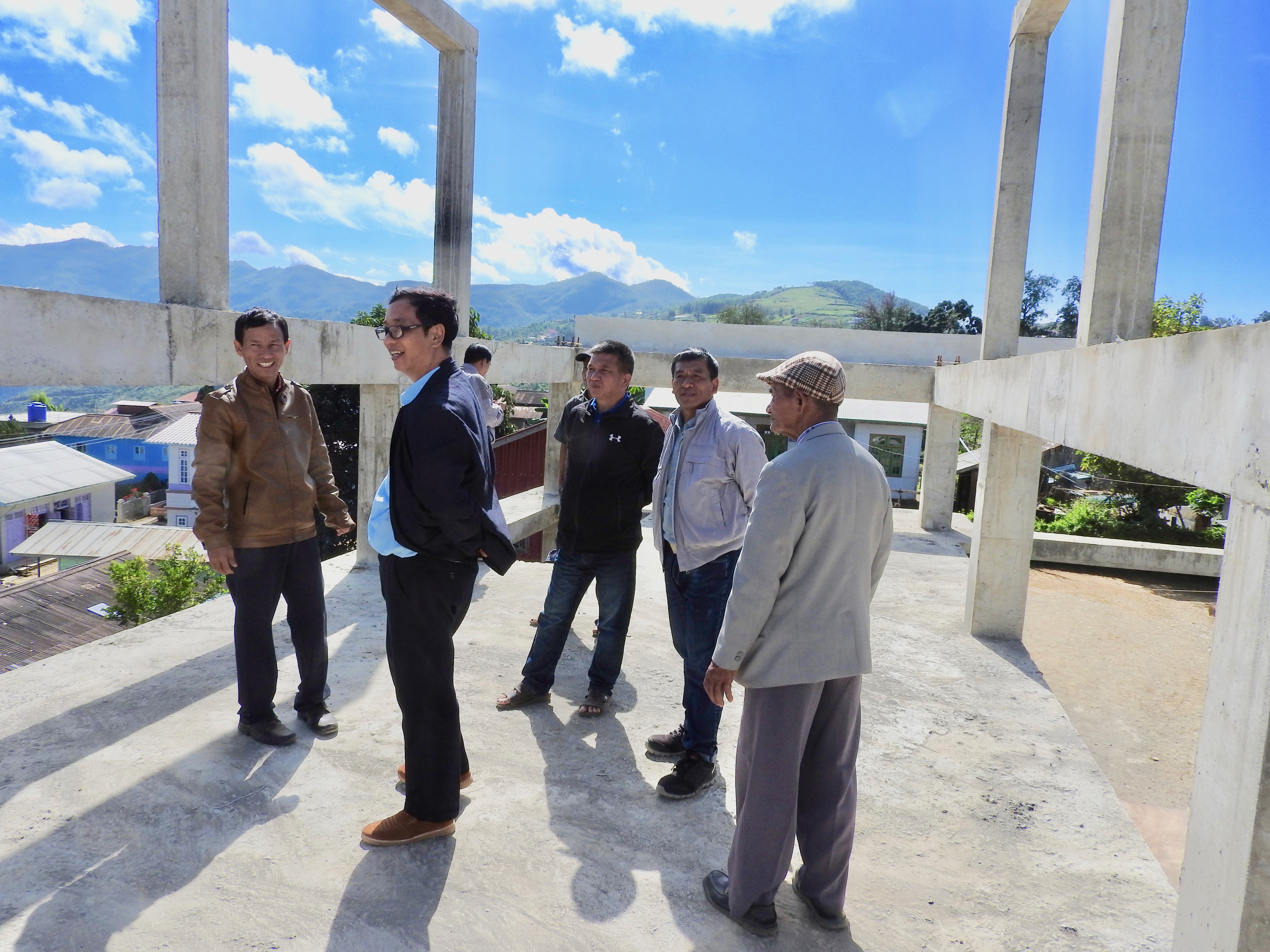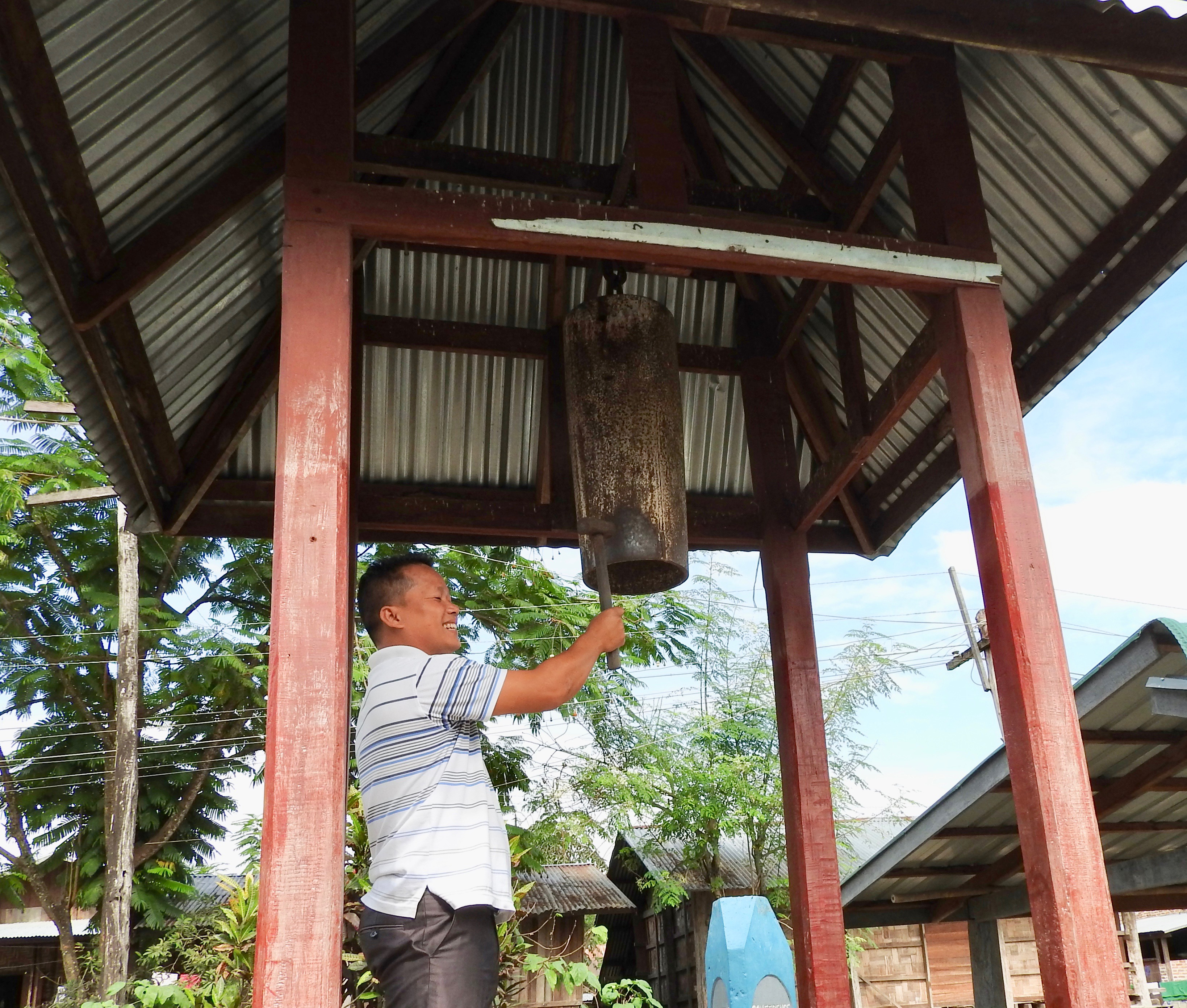A Letter from Bill and Ann Moore, serving in Japan
January 2020
Write to Bill Moore
Write to Ann Moore
Individuals: Give online to E200388 for Bill and Ann Moore’s sending and support
Congregations: Give to D504894 for Bill and Ann Moore’s sending and support
Churches are asked to send donations through your congregation’s normal receiving site (this is usually your presbytery)
Over the past several years we have made numerous mission trips to Myanmar to further our partnership with the Presbyterian Church of Myanmar (PCM). As Japan Mission, in mission partnership with the Presbyterian Church (U.S.A.), operates a large general hospital in Osaka, we have especially been involved with the PCM’s Agape Hospital in the city of Kalay, which is located in west central Myanmar. Each time we visit Kalay, we are amazed at the changes that have taken place. New construction is booming and there are many more vehicles on the roads than there have been in the past. The population is increasing due to migration, much of which is from the Chin Hills to the west.
As we had not yet ventured much beyond the confines of Kalay, we asked our host, Rev. Ram Thanga, General Secretary of the PCM, to guide us into the Chin Hills where many churches of the denomination are located. Early in the morning we set off in a four-wheel drive vehicle up into the hills, which we soon discovered were not hills at all, but very high and steep mountains. Mount Victoria, the tallest mountain in the Chin Hills, rises to 10,500 feet, and other peaks are not far behind. The road started out nicely paved, but as we climbed further there were more and more stretches of very rough and rocky, steep road. Running off the road meant falling hundreds of feet and there were very few guardrails. Nonetheless, the mountain scenery was fantastic, and our very talented young driver was fearless.
Quite surprising were the many houses and shops that clung to the mountainsides on stilts, and the fields for farming which were more vertical than horizontal. However, most gratifying was the number of churches we saw. In each small settlement, there was at least one church, and in villages and towns, there were many more. We learned from our host that more than ninety percent of the people in the Chin Hills were Christian. Over one hundred years ago, they had heard the Good News of Jesus Christ from fellow ethnic Chin missionaries who came from nearby India. They believed, and their vibrant faith was passed from generation to generation.
Our destination was a town called Tadim, where there was a church and Presbytery Office of the Presbyterian Church of Myanmar. Upon arrival, we were warmly greeted by the Presbytery staff and elders of the Tadim Church. After giving greetings from Japan Mission and the Presbyterian Church (U.S.A.), we were treated to a delicious meal, catered by an elder’s restaurant. They showed us their worship space next and explained how it was too small to accommodate their growing congregation. Then they led us up steps to the adjacent reinforced concrete skeleton of the new sanctuary. The congregation had given all that they had to build that far, and, in expectant faith, believed in God’s time the new sanctuary would be completed. Instead of being discouraged, they were prayerfully waiting on God to provide.
Before we left, we asked for some help from the elders. Because most households in Myanmar cook their meals over open wood fires, over time the smoke causes serious vision and respiratory problems, to the extent that cooks eventually have difficulty breathing and reading. This way of cooking also contributes to air pollution and deforestation. In addition, gathering firewood takes a lot of time, and, if bought, is not cheap.To address these problems in areas where food is cooked over open fires, a new wood burner has been invented. We brought one of these wood stoves up to the Chin Hills with us so that the members of the congregation could test it over time to see how it would hold up. The heat from the burner’s fire generates electricity to power a small fan that concentrates the flow of air into the burner, so that the fire burns hotter and 90% more cleanly. In addition, it uses half the wood that an open fire requires. Another benefit for families without electric service is that the stove can charge a cellphone and power a light.
With the participation of the elders, we demonstrated how to use the burner by starting a fire and boiling some water. When the burner’s benefits became obvious, much interest was expressed. After we all enjoyed tea using the hot water, we donated the burner to the church and asked that they regularly use it and let us know how it held up.
Our return to Kalay was even more exciting and faster than the morning’s drive. It was mostly downhill, and mostly in very thick fog. Like Jesus in the storm-tossed boat on Lake Galilee, Rev. Ram Thanga peacefully slept. We, however, remained very much awake.
The next day we were guided to a country town named Kanan (Canaan) on a river plane to the east of Kalay. With flat, fertile, and irrigated agricultural land, the community was more prosperous than those in the Chin Hills. The reason we went was to meet a pastor who had recently participated in a gathering of young pastors from Myanmar, Korea, Japan, Taiwan and Thailand that Japan Mission had recently sponsored. Rev. Lal Lian Puia’s congregation had a beautiful church compound, with a manse and kindergarten. A bountiful lunch was prepared by his wife and we had a wonderful time around the table.
After lunch, Rev. Lal Lian Puia showed us his church bell. It was a strange looking oblong bell struck every Sunday with a hammer to summon his congregants to services. I asked him how the church had acquired such a uniquely shaped bell, and he said with a grin that it was half of an iron bomb casing scrounged from a defective bomb dropped by the Japanese Airforce during the Second World War. The congregation could have gotten a proper bell to replace it, but, as it had been used since the war, it was prized by all. A tool of death and dreadful destruction had been turned into a sacred object, joyfully calling God’s people to worship. We were moved.
We are blessed to be in partnership with the Presbyterian Church of Myanmar. Their faith both humbles and strengthens our own.
We thank you for your support of our ministry, which is your ministry as well.
With Thanksgiving and Joy,
Bill and Ann
![]() You may freely reuse and distribute this article in its entirety for non-commercial purposes in any medium. Please include author attribution, photography credits, and a link to the original article. This work is licensed under a Creative Commons Attribution-NonCommercial-NoDeratives 4.0 International License.
You may freely reuse and distribute this article in its entirety for non-commercial purposes in any medium. Please include author attribution, photography credits, and a link to the original article. This work is licensed under a Creative Commons Attribution-NonCommercial-NoDeratives 4.0 International License.


